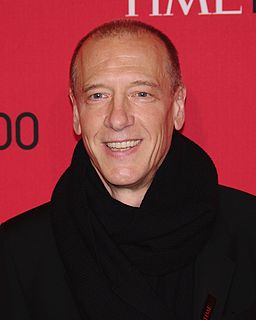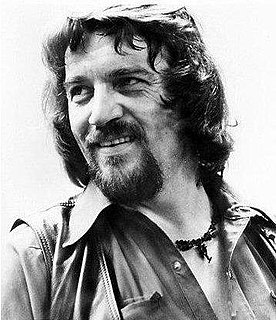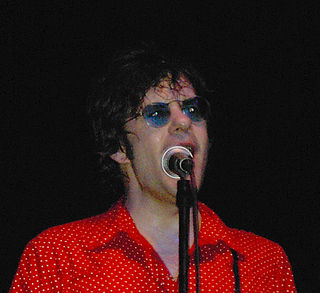A Quote by Tilda Swinton
My whole relationship with Bowie started when I was 13, and I bought a copy of 'Aladdin Sane' when I didn't have a record player. I had this record for a year before I could play it, and it was the image - not the sound - that I was attracted to. I just saw this image and thought he was my cousin.
Related Quotes
The first record was basically a quick, fast record. The second record, we were going for more of a poppier sound - like a heavy pop sound. For 'Rocket to Russia,' we'd sort of reached our pinnacle. We'd gotten really good at what we were doing, so that's like my favorite record - that's a really good record. It's just great from beginning to end.
Early on, before rock 'n' roll, I listened to big band music - anything that came over the radio - and music played by bands in hotels that our parents could dance to. We had a big radio that looked like a jukebox, with a record player on the top. The radio/record player played 78rpm records. When we moved to that house, there was a record on there, with a red label. It was Bill Monroe, or maybe it was the Stanley Brothers. I'd never heard anything like that before. Ever. And it moved me away from all the conventional music that I was hearing.
At 13 years old, I realized I could start my own band. I could write my own song, I could record my own record. I could start my own label. I could release my own record. I could book my own shows. I could write and publish my own fanzine. I could silk-screen my own T-shirt. I could do this all myself.


































